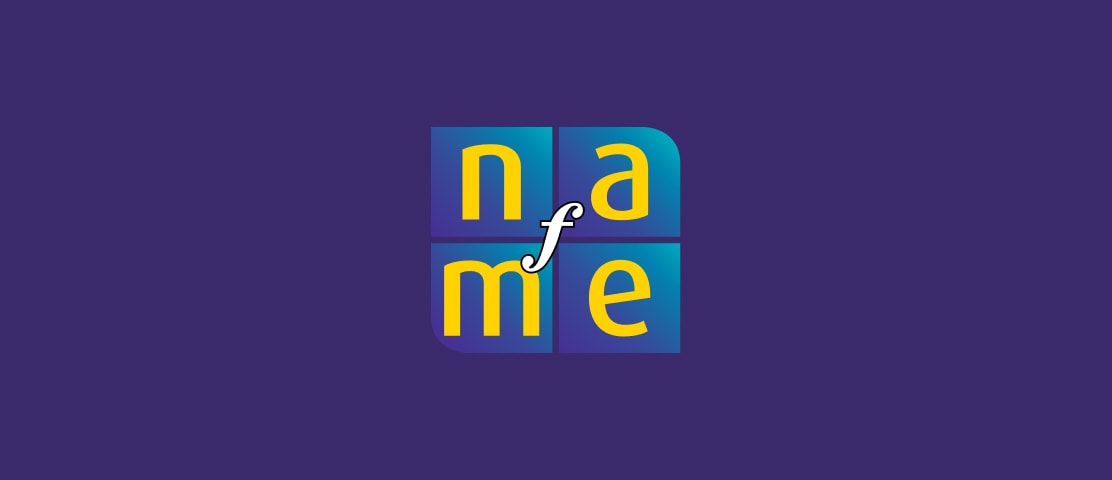/ Publications & Resources / Resource Library / Fundraising
The National Association for Music Education
MENC regards music education as an integral part of the core curriculum in K-12 schools. In 2001 the federal government reauthorized the Elementary and Secondary Education Act, commonly known as the “No Child Left Behind” Act. The arts were included as one of the “core academic subjects.” Therefore, financial support for music education must be part of the school’s and district’s regular curricular budget. When funds from these sources are not sufficient to maintain the quality program expected within that community, fund-raising may be required. The purpose for which the funds are raised should be clearly defined and purposefully directed toward enriching the music education of students. Funds raised through fund-raising activities should be strictly differentiated from local or district funds. In evaluating fund-raising activities, music educators should consider the overall effort to be expended, the financial return on that effort, and the demands fund-raising may make on their instructional time.
Concerns
School music groups’ fund-raising efforts, especially at the high school level, seem to grow each year. Fund-raising can demand inordinate amounts of time and effort from music teachers, their students and the students’ parents. Sometimes valuable instruction time is lost. If fund-raising activities benefit only one segment of the school music program, then other facets of that school’s music program may suffer or be ignored. If not managed carefully, fund-raising activities may result in a loss of regular curricular budget funds and cause music to be classified as an “extracurricular activity” and therefore not eligible for school budget support.
If the music educator has a group of parents that periodically or regularly collect money or raise funds, the group should be officially recognized and endorsed by the school’s administration. Also, the booster organization should be incorporated under that state’s not-for-profit laws.
The Music Educator’s Role
In any fund-raising activity, the music educator should be the project manager who is to:
- be knowledgeable about Board of Education and school policies regarding fund raising and the fiscal and political ramifications of the effort. Note: Schools and districts differ regarding requirements and policies governing how money raised by booster organizations is to be handled, accounted for, and deposited. This is a critical facet of fund-raising that must be understood and adhered to by the music educator and the parents before any fund-raising activity is begun.
- coordinate fund-raising activities with other groups within the school that do fund-raising relative to timing of fund-raising activities and products or services being sold
- develop an overall plan in cooperation with school administrators, parents, and students for selecting an appropriate fund-raising activity; implementing the project; and tracking the money raised
- delegate the responsibility for record keeping, product handling, collection of funds, and accounting in accordance with school and district policies
Guidelines
Fund raising should not supplant or replace regular school or district funding. Fund-raising may enrich music instruction by enabling activities and materials not normally funded from school or district budgets. It may also help music programs secure additional equipment and materials needed to enhance the curriculum. Students may benefit from supplementary educational experiences and educational field trips that meet MENC and the National Association of Secondary School Principals guidelines made possible by these funds. Fund-raising for these purposes is justifiable if kept within reasonable limits.
Fund-raising undertaken to enrich students’ music education should:
- require minimal time and effort from students and teachers
- use very limited or no instructional time
- be appropriate for students
- adhere to the Code of Ethics of MENC, the American Federation of Musicians, the American Association of School Administrators, the National Association of Elementary School Principals, and the National Association of Secondary School Principals.
In addition, it is important that the ethical and legal implications of any fund-raising project be thoroughly understood in order to prevent jeopardizing the music teacher or the program and to avoid situations that might result in litigation due to an accident or other misfortune. All fund-raising efforts should adhere to responsible standards of safety and well being for the students involved.
Category
- Music Education Profession
Resource Type
- Position Statement
Teaching Level
- PreK-12
Year Added
2017




